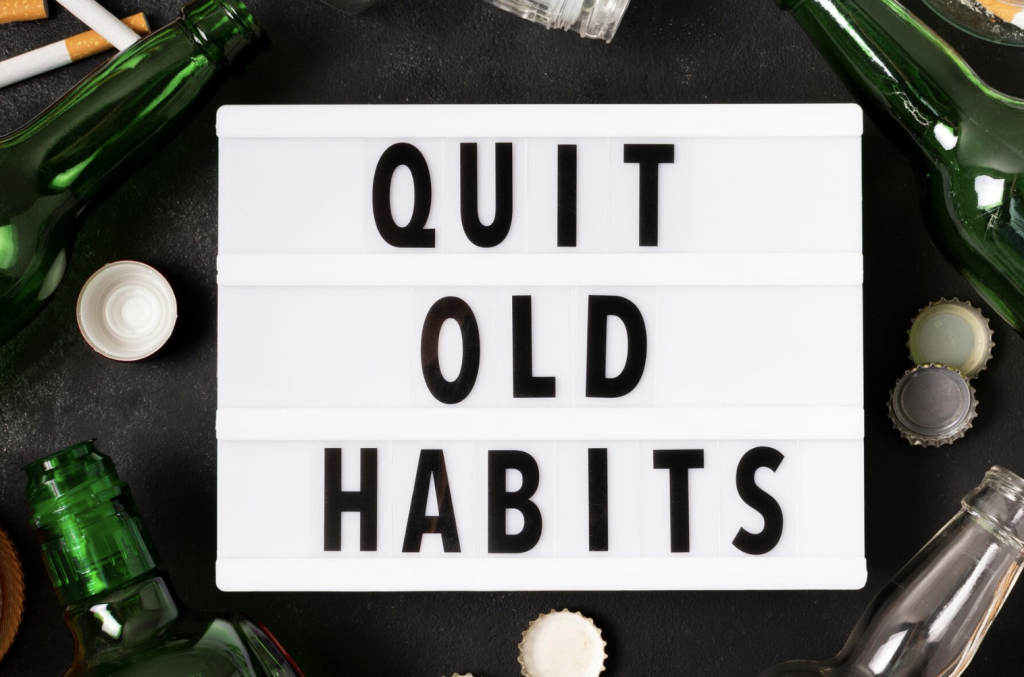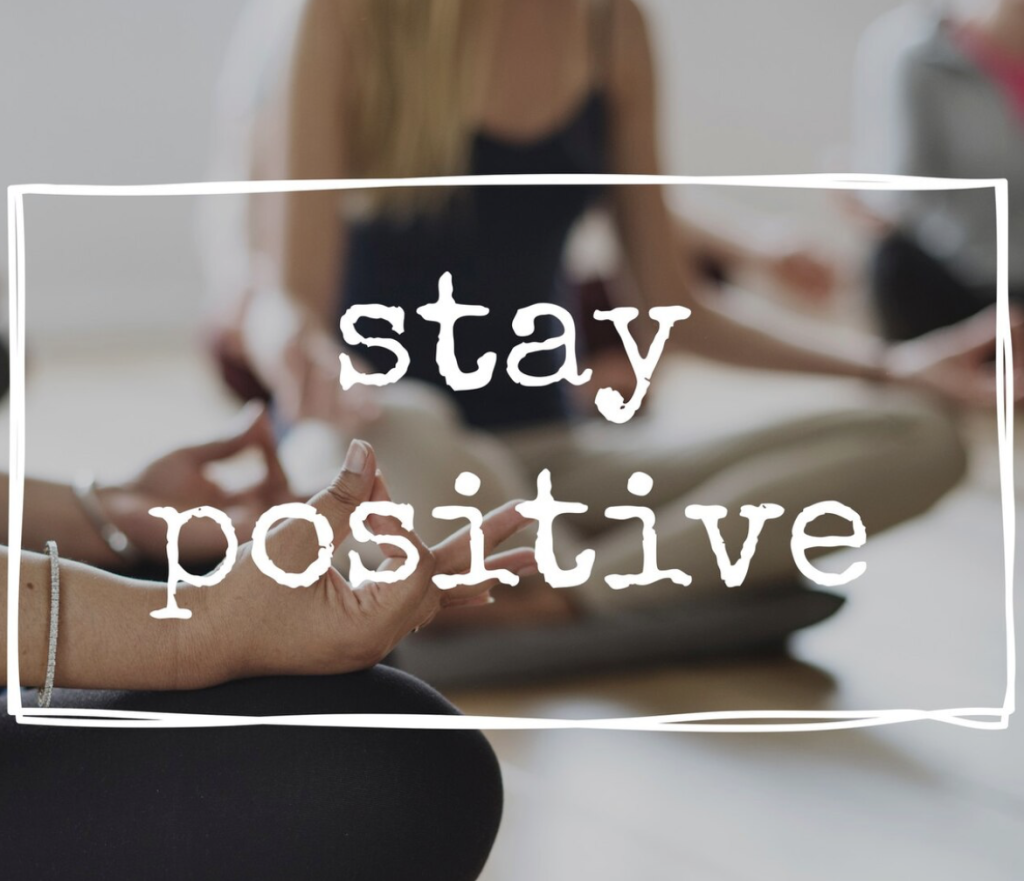Physical activity isn’t just about staying in shape—it’s a powerful tool for enhancing your mental health. From boosting mood to reducing stress, exercise has the potential to positively impact every aspect of your life. It’s not just about the physical benefits; the connection between body and mind is deeper than most people realize. When you move your body, you elevate your mind and transform your life.
At Better Mind Daily, we believe that mental wellness and physical health are intertwined. Just as you take care of your body, it’s essential to nurture your mind. The good news is that integrating physical activity into your daily routine can be one of the most effective ways to improve your overall well-being. Whether you’re aiming to reduce stress, enhance cognitive function, or boost your mood, movement is key.
The Science Behind Movement and Mental Health
Physical activity has long been associated with better physical health, but research has shown that it also has a profound impact on mental health. Here’s how exercise affects your mind:
1. Boosts Mood and Reduces Stress
When you engage in physical activity, your body releases chemicals known as endorphins, which are natural mood boosters. These “feel-good” hormones can help alleviate feelings of anxiety and depression, leaving you with a sense of calm and contentment. Exercise also reduces the levels of cortisol, the hormone associated with stress. This combination helps combat the emotional and psychological effects of stress, making it easier to manage difficult situations.
2. Enhances Cognitive Function
Exercise isn’t just good for your body; it’s also incredibly beneficial for your brain. Studies show that physical activity can improve cognitive function, memory, and focus. When you move your body, blood flow increases, bringing more oxygen to the brain, which helps to improve mental clarity. Regular exercise has also been linked to better decision-making, problem-solving, and creativity. The mental benefits of exercise aren’t just immediate—they also build up over time, helping you to stay sharp and focused in the long run.
3. Improves Sleep Quality
Physical activity has a profound impact on your sleep patterns. Regular exercise can help you fall asleep faster, enjoy deeper sleep, and wake up feeling more refreshed. Poor sleep can lead to a range of mental health issues, including mood swings, anxiety, and stress. By making movement a part of your daily routine, you’re not only improving your physical health but also enhancing your sleep, which in turn promotes better mental health.
4. Increases Self-Esteem and Confidence
Engaging in physical activity has a direct impact on your self-esteem. As you achieve fitness goals, whether it’s running an extra mile or lifting heavier weights, you experience a sense of accomplishment. This can help boost your confidence and improve your overall outlook on life. Regular physical activity can also enhance your body image, leading to a more positive perception of yourself and greater self-acceptance.
5. Reduces Symptoms of Anxiety and Depression
Exercise has been shown to be an effective treatment for reducing symptoms of anxiety and depression. When you exercise, the brain releases neurotransmitters like serotonin and dopamine, which are known to improve mood and regulate emotions. Physical activity can help reduce the intensity of depressive and anxious symptoms, offering a natural, drug-free way to support mental health. This is why doctors and mental health professionals often recommend exercise as a part of treatment for those struggling with mental health conditions.
How to Incorporate Physical Activity into Your Life
You don’t have to spend hours at the gym or follow intense workout routines to reap the mental health benefits of physical activity. The key is to find a form of exercise that you enjoy and can easily integrate into your lifestyle. Here are some ideas to get you started:
1. Walking or Jogging
Walking or jogging is one of the simplest and most effective forms of exercise. You don’t need any special equipment—just a good pair of shoes and the willingness to step outside. Even a brisk 30-minute walk in nature can work wonders for your mental well-being, helping to clear your mind, reduce stress, and improve your mood.
2. Yoga or Pilates
Yoga and Pilates are both excellent for reducing stress, improving flexibility, and building strength. These exercises focus on the connection between mind and body, incorporating breathing techniques that help you stay calm and focused. Regular practice of yoga or Pilates can improve your emotional resilience and help you find balance in your daily life.
3. Strength Training
Strength training isn’t just about building muscle—it’s also about building mental resilience. Lifting weights or performing bodyweight exercises can help improve your physical strength, but it can also boost your self-confidence and mental toughness. Setting and achieving fitness goals in strength training can give you a sense of accomplishment that positively impacts your mental health.
4. Dancing
Dancing is a fun and expressive form of exercise that can lift your spirits and improve your mood. Whether you join a dance class, follow an online tutorial, or just dance around your living room, moving to music can reduce stress and bring joy into your life. Dancing releases endorphins and can help you feel more connected to your body and emotions.
5. Team Sports or Group Exercise
If you enjoy socializing, joining a sports team or participating in group fitness classes can be a great way to combine physical activity with social interaction. Whether it’s playing basketball, soccer, or attending a fitness class, group activities can boost motivation, provide support, and enhance your mental well-being by fostering a sense of community.
Small Steps Lead to Big Changes
The key to unlocking the mental health benefits of physical activity is consistency. You don’t need to make drastic changes all at once. Start with small, manageable goals and gradually increase the intensity and duration of your workouts as your body adapts. Even just 20–30 minutes of exercise a few times a week can make a significant difference in your mood, energy levels, and overall mental health.
It’s important to remember that everyone’s fitness journey is different, and there is no “one-size-fits-all” approach. Find what works for you, whether it’s a calming walk in the park or a high-energy workout session. The important thing is to move your body in a way that feels good for you and supports your mental wellness.
Move Your Body, Elevate Your Mind, Transform Your Life
Incorporating regular physical activity into your daily routine isn’t just about improving your physical appearance; it’s about taking care of your mind. When you move your body, you elevate your mind, reducing stress, boosting mood, enhancing focus, and promoting overall mental well-being. The transformation you’ll experience is profound—emotionally, physically, and mentally.
At Better Mind Daily, we believe in the power of movement to improve mental health. We encourage you to make physical activity a regular part of your life and experience the positive impact it can have on your emotional resilience and overall well-being.
Remember, the journey to mental wellness begins with a single step. Move your body today, and elevate your mind to a whole new level of peace and positivity.
Start moving, start feeling better.





